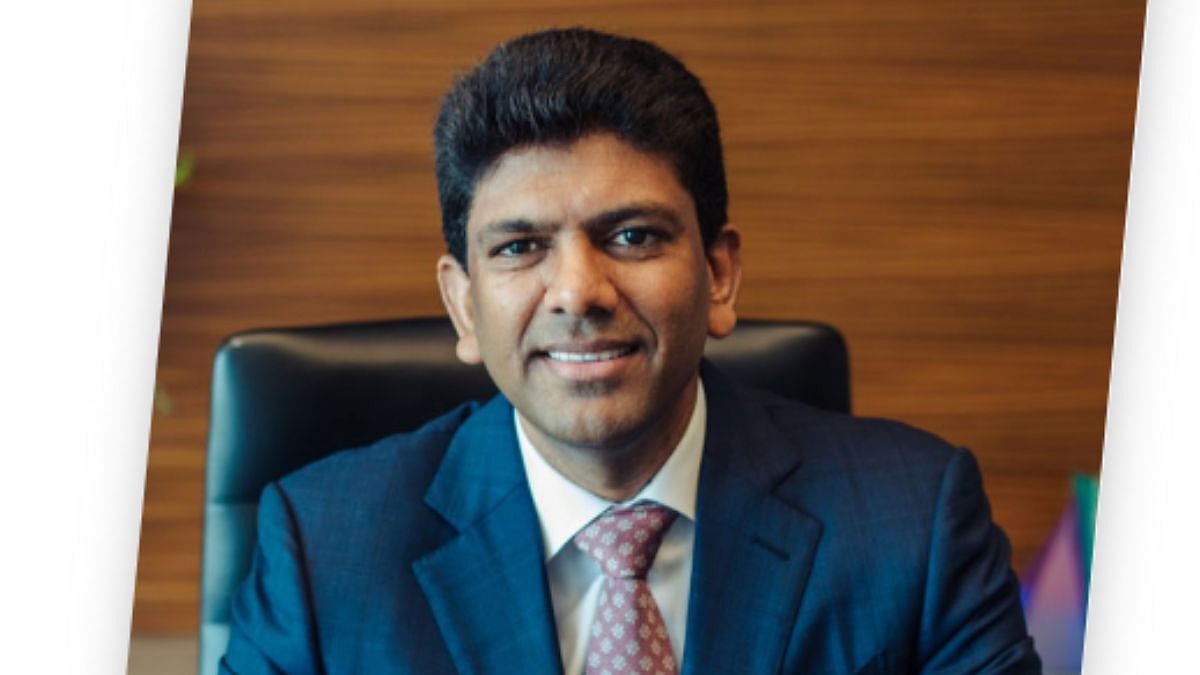India’s Tech & AI Innovations Transforming Millions Of Lives: Minister
Addressing the 'International AI Summit' organised on the sidelines of ‘India Mobile Congress 2025’ here, the minister highlighted how digital technologies are reshaping everyday life.

Minister of State for Communications and Rural Development, Dr. Pemmasani Chandra Sekhar |
From UPI to ONDC, India’s innovations are not about technology for technology’s sake, they are about transforming lives, said Minister of State for Communications and Rural Development, Dr. Pemmasani Chandra Sekhar, on Thursday.
Addressing the 'International AI Summit' organised on the sidelines of ‘India Mobile Congress 2025’ here, the minister highlighted how digital technologies are reshaping everyday life.
He noted that UPI has made seamless payments universal, ONDC has opened e-commerce opportunities for small sellers, and AI-powered alert systems saved over 500,000 lives during the 2024 Kerala floods.
Citing the Department of Telecommunications’ AI-driven Fraud Risk Indicator, which blocked 4.8 million scams and prevented losses of Rs 140 crore, he said these innovations exemplify how India uses AI to empower, protect, and uplift its people.
Dr Pemmasani also cautioned against its unchecked risks. “Deepfakes are undermining democracy,” he said, referring to more than 50 fake videos that circulated during the 2024 elections, spreading misinformation and eroding trust in public discourse.
Highlighting the issue of algorithmic bias, he noted that “AI hiring tools rejected 40 per cent more women in IT jobs, and lending algorithms denied rural applicants unfairly.”
Technology meant to be neutral, he observed, has instead mirrored social prejudices, deepening inequality.
The minister also drew attention to the risks of automation and privacy violations, warning that by 2030, 15–30 per cent of jobs in IT and manufacturing could face displacement.
He pointed out that facial recognition systems have misidentified minorities with up to 80 percent error rates, while in healthcare, AI misdiagnosed 20 percent of tuberculosis cases in Uttar Pradesh hospitals — underscoring the danger of opaque, unaccountable systems.
Calling for a collective and ethical AI response, Dr Pemmasani urged governments, industries, and citizens to act decisively.
He outlined a five-point framework for responsible AI governance: Combat Bias; Protect Jobs; Safeguard Privacy; Ensure Transparency; and Lead with Ethics.
Urging organisations and individuals to remain vigilant and proactive, Dr. Pemmasani reaffirmed India’s commitment to developing AI that is trustworthy, inclusive, and human-centric.
(Except for the headline, this article has not been edited by FPJ's editorial team and is auto-generated from an agency feed.)
Published on: Thursday, October 09, 2025, 05:33 PM ISTRECENT STORIES
-
-
-
-
-